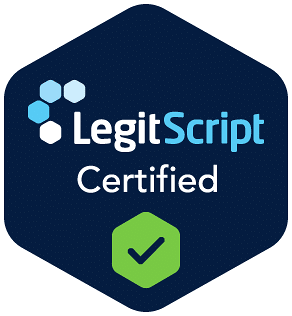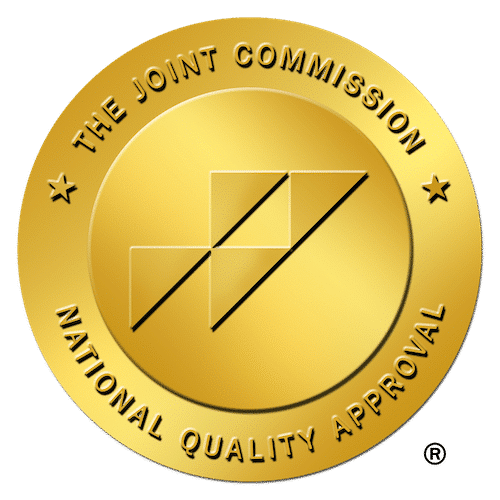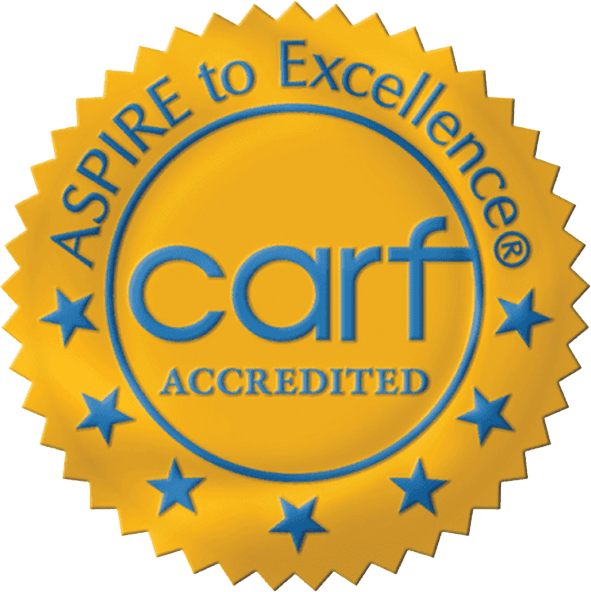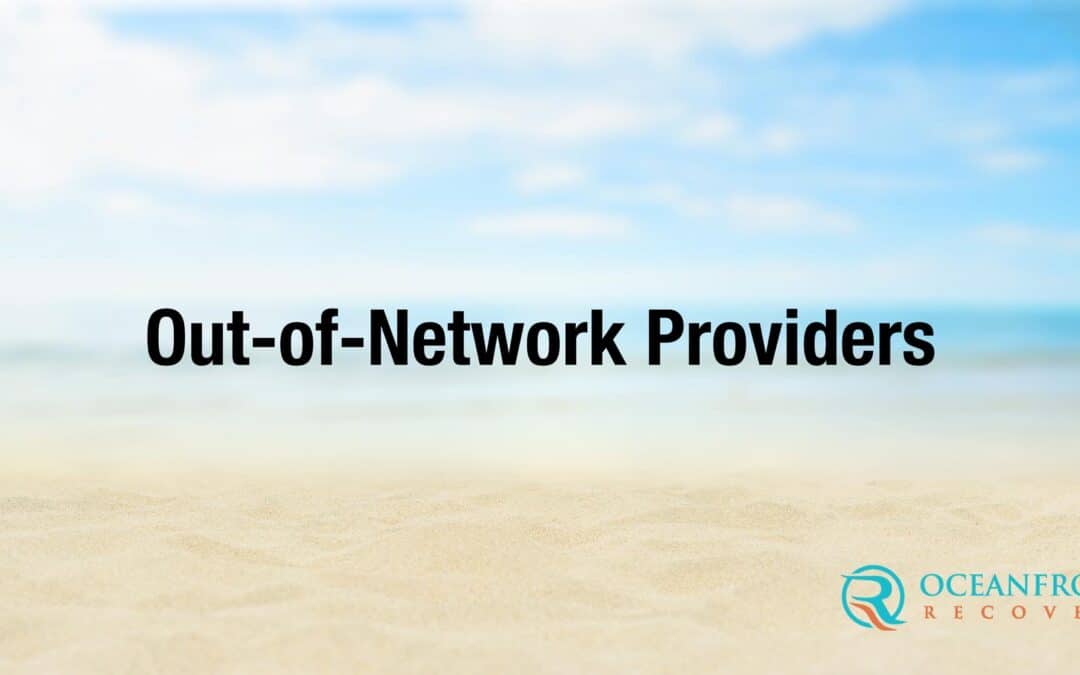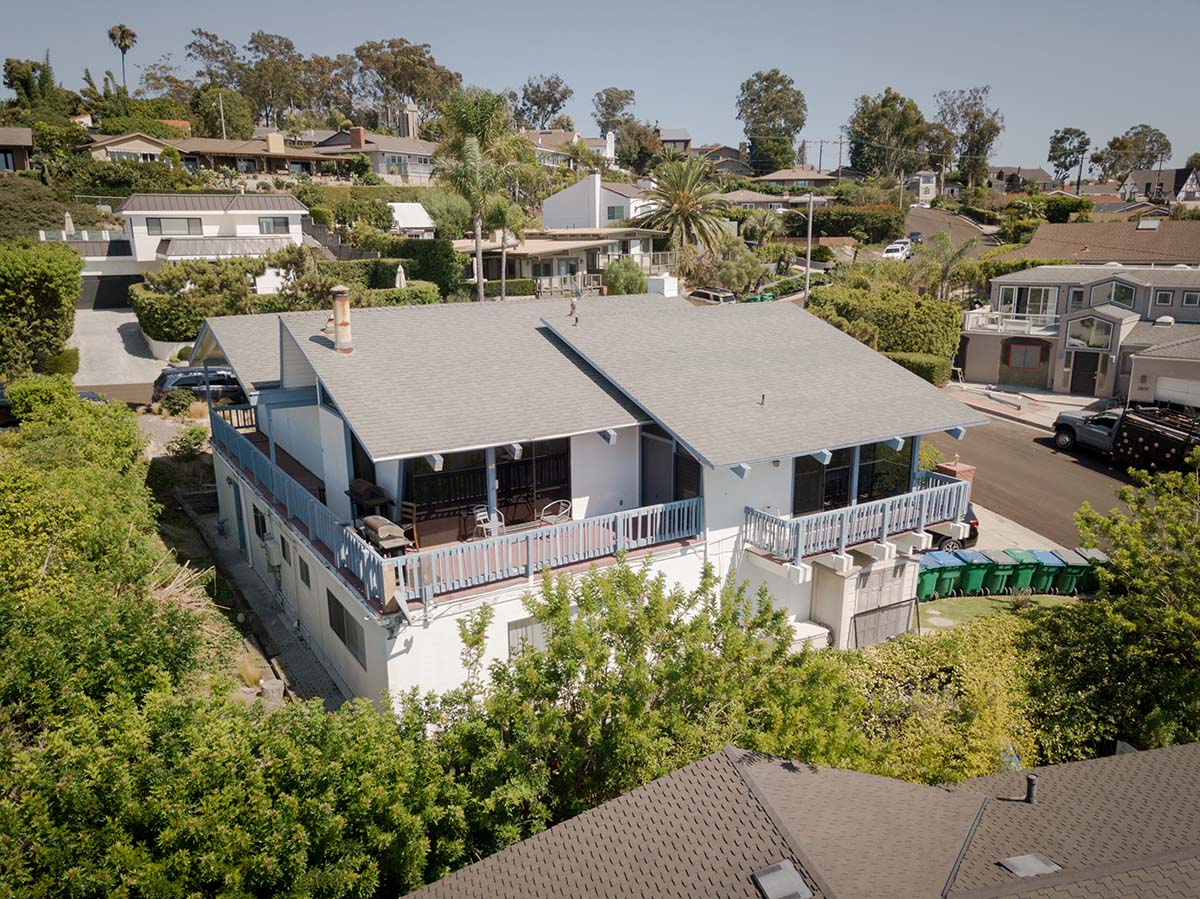Welcome to Oceanfront Recovery
Change Your Story, Change Your Life
Detox Center and Residential Treatment Program in Laguna Beach
Nationally Accredited, Renowned & Recognized for our Commitment
We Work With Most Major Insurance Providers

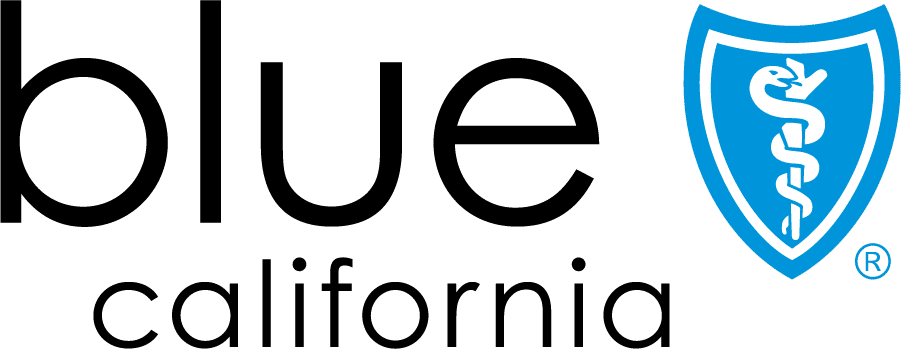
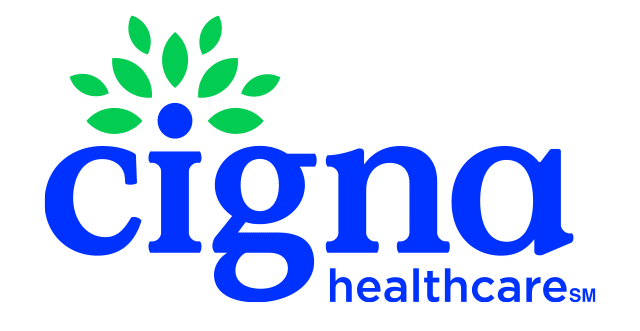




Southern California Drug and Alcohol Addiction Treatment Center
What Our Clients Are Saying
Want to learn more about Oceanfront Recovery at your own pace?
View our digital flipbook to explore our programs, approach to care, and what sets our treatment experience apart. Save it for later or share it with someone who may need support. Prefer to have it on your phone? Tap here to text yourself the link.
Recognizing the Signs of Substance Use and Finding the Right Support
Are you a parent concerned that your child may be using substances such as fentanyl? There are important signs to look out for that indicate fentanyl use. At Oceanfront Recovery, our team of experienced professionals provides compassionate support, helpful resources, and effective treatment programs that pave the way toward recovery and long-term wellness.
Our comprehensive addiction treatment programs include personalized detoxification and inpatient residential care in one of the premier beachfront recovery communities in the world. Oceanfront Recovery is a licensed substance use disorder and dual diagnosis treatment center, located in the heart of Laguna Beach, California.
A Program That Provides a Safe Space to Heal
If you or a loved one are facing substance abuse or mental health challenges, know that Oceanfront Recovery offers a safe and supportive environment to begin the healing process. Our compassionate and expert clinical team is dedicated to going above and beyond through every stage of care—whether during detox or residential rehab.
We offer a structured residential treatment program designed to provide stability, comfort, and the tools needed for long-term recovery. For those facing both addiction and mental health challenges, our specialized dual diagnosis treatment addresses co-occurring disorders with an integrated, whole-person approach.
Struggles are part of the journey—but with the right care and support, healing is possible.
We Are Here for You
At Oceanfront Recovery, we take a holistic, individualized approach to treatment—focused on restoring each person’s health, well-being, and sense of purpose. Our experienced team of professionals understands that every client’s history and circumstances are unique, which is why we emphasize treating the whole person—not just the symptoms of addiction. We’re committed to creating a positive and personalized experience, helping you or your loved one reconnect with joy, healing, and a renewed outlook on life.
Drug and Alcohol Detox
Residential Treatment
Executive Treatment
Transitional Treatment

Drug and Alcohol Detox
Oceanfront Recovery provides a specialized medical drug and alcohol detox program that is run by a team of detox specialists. We use various medications and other treatment support systems to manage our clients’ physical symptoms. Our focus at this stage of recovery is on making the process of detoxification as safe and comfortable as possible with concierge-level support. As part of the treatment, processes include undergoing a thorough medical and psychological assessment conducted by our seasoned team of clinicians. From there, a personalized detox plan that includes medications, nutrition, and lifestyle counseling to reduce withdrawal symptoms will be provided. Our team is available 24/7 to provide medical support throughout the entire process. The journey to an addiction-free life begins with sobriety. Our detox program and compassionate treatment specialists are here to guide you on the first step to recovery.

Residential Treatment
Our fully licensed residential treatment center is located in a safe and comfortable environment, free from triggers and stressors. The treatment options we provide are tailored specifically to each client and offer a high level of support and care. Our residential treatment program is fully licensed and features a highly trained staff and effective treatment paradigms. We prioritize safety, comfort, and healing for each resident, and provide 24/7 access to professional medical treatment staff. Throughout the program, we focus on developing healthy coping skills and behaviors for successful living in the real world.
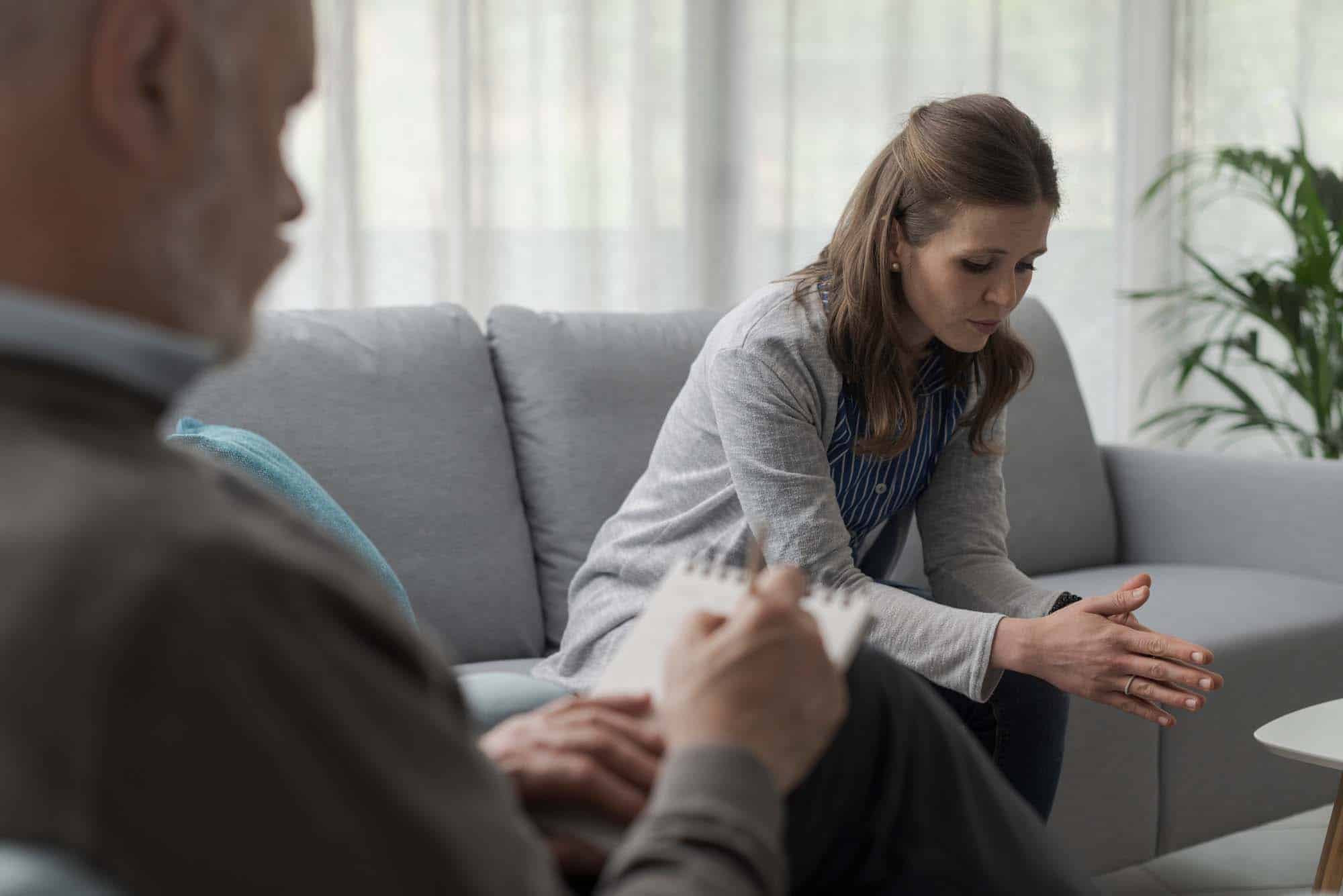
Executive Treatment
The Oceanfront Recovery Executive Treatment Program is thoughtfully tailored to meet the unique needs of executives, professionals, and high-performing individuals. We understand that stepping away from a demanding career can feel impossible—which is why our program is designed with the flexibility to support both professional responsibilities and personal healing.
Clients have access to private accommodations, discreet care, and the technology needed to stay connected to work when necessary, all while receiving world-class clinical treatment. Our team works closely with each client to develop a personalized care plan that accommodates their schedule, responsibilities, and recovery goals.
Whether you’re in need of a short-term detox or a more structured treatment plan, we offer a range of options to fit your needs:
- 7-Day Detox
- 14-Day Stay
- 30-Day Programs
At Oceanfront Recovery, we believe that seeking treatment shouldn’t come at the expense of your career. With our Executive Program, you don’t have to choose—your health and your professional life can move forward together.

Transitional Treatment
We firmly believe that purpose and accountability are essential to maintaining long-term sobriety. We provide our clients with referrals to transitional treatment through our strategic partner network. Transitional treatment, like all aspects of Oceanfront Recovery, is individualized for each client’s needs. Each client’s clinical team develops a unique continuing care plan for them. This looks different for everyone but may include group or individual therapy through an outpatient program, sober living, drug testing, sober companions, connections to support groups and resources, etc. Recovery doesn’t end when you complete our program, and we will support every client through the transition. Our outpatient services and alumni rehab aftercare program in Laguna Beach, CA, are designed to help our clients stay connected and accountable during their first year of recovery.
Work With Most Major Providers To Get Treatment Covered
At Oceanfront Recovery, we know that taking the first step toward addiction treatment can feel overwhelming, especially when it comes to concerns about cost. That’s why we’re proud to work with most major health insurance providers, making treatment more accessible for you or your loved one. Whether you’re a working professional with insurance or a parent seeking help for your family member, our team is here to guide you.
If you’re unsure about your coverage or want to confirm if we accept your insurance plan, our admissions team is ready to help. We’ll walk you through your policy details, so you can focus on what really matters—getting the care and support needed for lasting recovery.
Reach out today at (877) 297-2997 or submit an insurance verification form. Let us help you take the next steps toward a healthier, substance-free future.
Frequently Asked Questions
What Happens at a Drug Detox Center?
Who Needs Alcohol Detox?
What You Can Expect From Alcohol Detox?
How Can I Make the Transition to Outpatient Treatment Work?
What Do I Need to Know About Fentanyl?
Latest from the Oceanfront Recovery Blog
Explore our most recent posts for expert insights, recovery tips, and inspiring stories. From detox guidance to wellness strategies, our blog is here to support and inform you—wherever you are on your journey.

